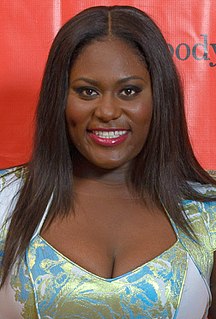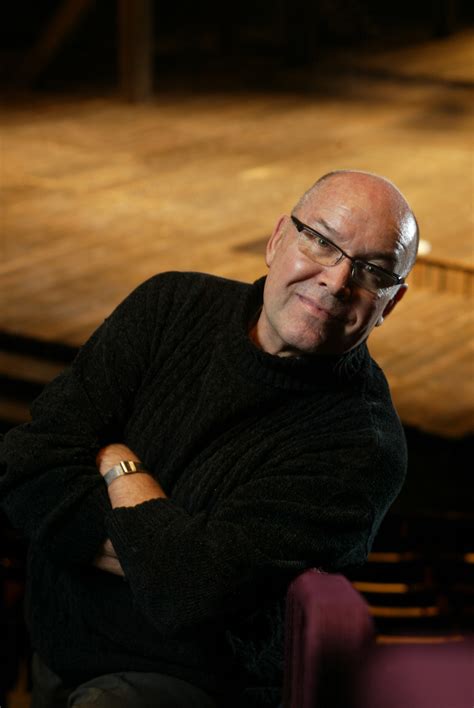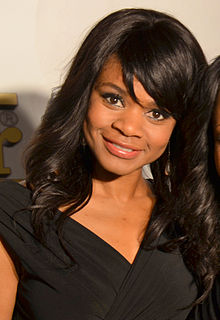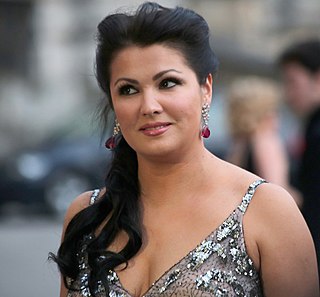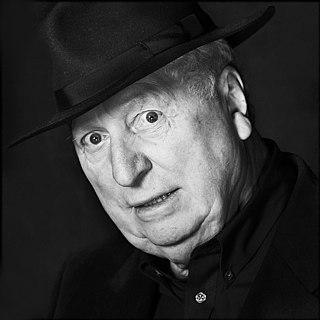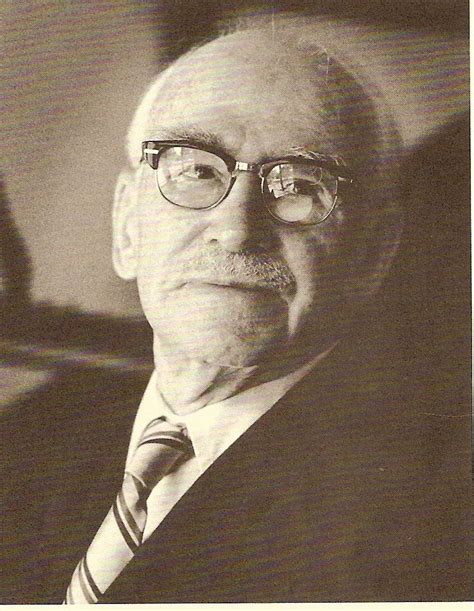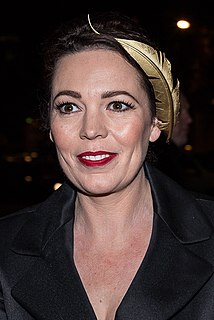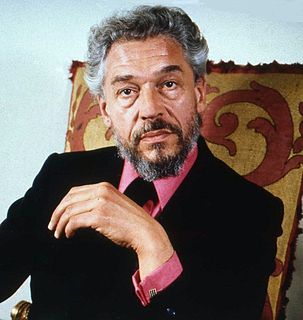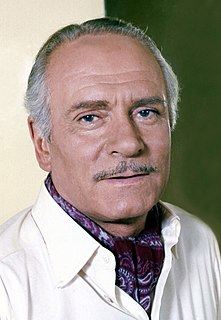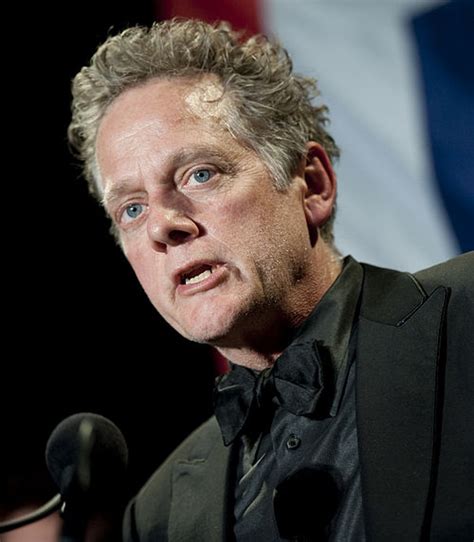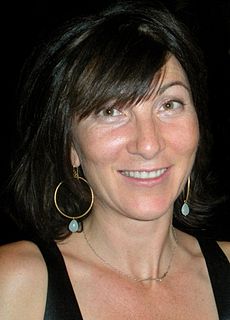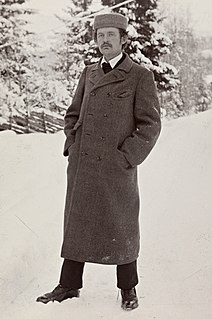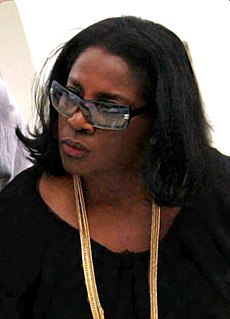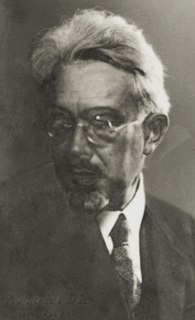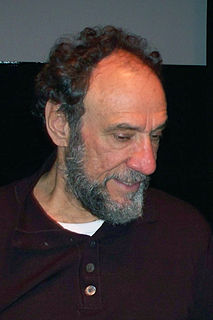Top 188 Macbeth Motif Quotes & Sayings - Page 2
Explore popular Macbeth Motif quotes.
Last updated on April 18, 2025.
This symmetrical composition--the same motif at the beginning and at the end--may seem quite "novelistic" to you, and I am willing to agree, but only on condition that you refrain from reading such notions as "fictive," "fabricated," and "untrue to life" into the word "novelistic." Because human lives are composed in precisely such a fashion.
One of the things I try to do is try to make repetitions, rhymes, and mirrorings across the subject matter of my own books so that the chapter titles and the epigraphs and pictures all kind of form a tapestry. In this book, I retell fifteen of the stories. You have the critical frame, and then you have these rosettes like the motif in a carpet.
Carl Orff's Carmina Burana has the ability to take you from placidity to power in one sonic breath. It is music of dignity and strength, with primitive, energetic passages, evoking absolute beauty from the simplest of phrases. It brings up something that has everything to do with significance - squeezing joy and motif that you just can't drop - it stays with you.
